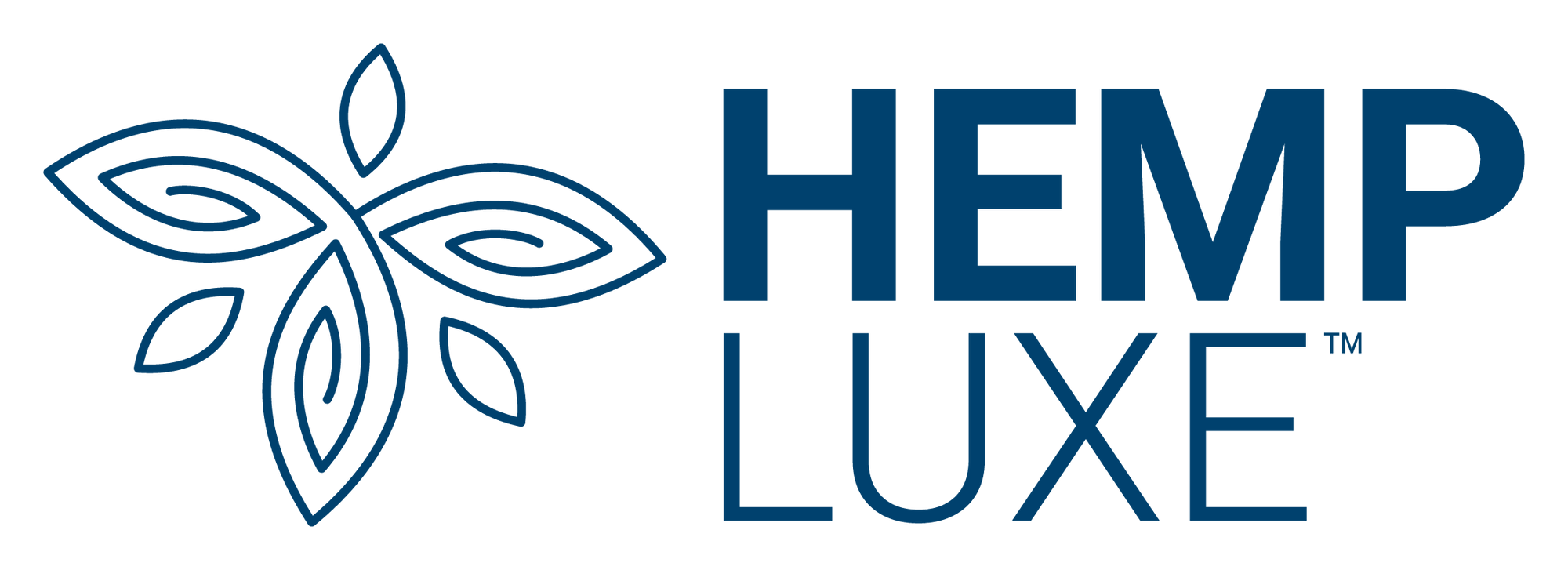With most of us experiencing pain, anxiety, or stressors on a daily basis, more people than ever are turning to CBD as a natural remedy to feel better. There are thousands of companies in the industry, making the selection process difficult and in some cases even intimidating! The difference in quality between two products can be astounding.
Deciding which CBD product to purchase is tough. Over the course of 40 years, we’ve helped thousands of people feel better through natural remedies. We hear the same common mistakes or misconceptions often, so we condensed these common themes into five simple things. Five of the most common mistakes people make, and we included steps on exactly how to avoid them.

Here are the 5 most common mistakes people make when purchasing CBD products:
1. They don’t check the sourcing
There are two main factors that go into a quality hemp product: The hemp sourced and the COA (Certificate of Analysis).
The Hemp Sourced
All CBD products come from industrial hemp. While every plant absorbs nutrients from the soil, hemp is a powerful “bioaccumulator.” That means it’s especially good at absorbing toxins, including heavy metals, from the ground. In fact, hemp was used to clean the soil around Chernobyl. This is an extreme example of course, but the point is to make certain that the hemp used to make the product was grown and harvested to the organic certification standard.
A lot of companies use terms like “organically-grown” or “grown using organic methods.” Because hemp can grow in nearly any condition, that means little to the quality of the end product. The highest quality and most trustworthy hemp carries a USDA Organic Certification. The products produced by Hemp Luxe are always made using certified organic hemp grown in the USA (primarily Colorado).
The COA
A COA, or Certificate of Analysis, will help you verify that the label and the actual product match up. Reputable companies like Hemp Luxe make their COAs readily available. These often match up to a batch number listed on the product. Always ask for or validate the COAs before buying a product or starting with a brand.
2. They misunderstand the labeling
CBD labeling can be confusing. Because there is no standardization for what to put on a label, it’s hard to compare products side-by-side. If you don’t understand the label, you can’t understand what you’re really buying. A few common phrases or information you will find on the label are:
Full Spectrum, Broad Spectrum, and CBD isolate
The hemp plant contains hundreds of cannabinoids, CBD (cannabidiol) being only one of them. While CBD is the "buzz word" everyone likes to hear, the other cannabinoids matter. There is also CBG, CBN, CBC, and 100+ more. All of these cannabinoids come together in what's called the "Entourage Effect" to enhance the effects of CBD and bring it to its full potential. "Terpenes" are also found in the hemp plant, think of these as the essential oils of the plant that give it its aroma.
Full-Spectrum products also contain trace amounts of THC, the main cannabinoid found in marijuana, which is critical in producing the entourage effect. To get an idea of how much THC is in a full-spectrum product, think: non-alcoholic beer. It is present, but not nearly enough to give any psychoactive effect.

The next term you may find is “Broad Spectrum”. This is similar to Full-Spectrum, except a second extraction was done to remove THC. This is especially popular among those who want the benefits of full-spectrum but may be subjected to a drug test (first responders, school bus drivers, and so on).

Finally, you may come across CBD Isolates. These should be avoided. Although they boast very high potencies in some cases, they are generally very cheap and ineffective. There are no reputable companies creating CBD isolates.

CBD vs. Hemp Extract
Like we talked about above, CBD is one of many cannabinoids in the hemp plant. The label may provide CBD dosages, Hemp Extract dosages, or both.
Total milligrams of Hemp Extract totals up all of the cannabinoids and terpenes.
Total milligrams of CBD is just that: the milligrams of CBD.
Essentially, the Hemp Extract milligram contains CBD.

Labeling per container or per serving
Most brands either label their product by total milligrams (of either hemp extract or CBD or both) by serving or the contents of the entire bottle. The inconsistent labeling has historically caused some customers to think they are taking 500mg servings, when actually there is 500mg in the entire bottle or container.
This leads to the question, which matters more? Should you look at milligrams in the container or milligrams per serving? We prefer the latter. By looking at products and judging by serving, you can accurately gauge the potency needed to achieve your desired results.
3. They have unrealistic expectations
We’ve all heard the rumors: CBD is the new snake oil, CBD is a cure-all, CBD is a miracle supplement, and so on. While we believe the power of hemp and CBD is truly incredible, it’s important to manage your expectations. Patience and consistency are key. Everyone is different and your results can depend on the right product, or the right mix of products. Here are a few key points when it comes to getting the most out of CBD:
- Start with a low to medium potency and work your way up until you get the desired results
- Take or apply your products at the same time everyday, or when the issue is present
- Wait until after you eat to if you are using ingestible products (they absorb better with fat)
- Be patient, and keep experimenting with different doses until you get the desired affect.
4. They don’t hold high standards for the other ingredients
News flash: the ingredients in your supplements matter just as much at the ingredients in your food. Here’s a few questions to ask yourself when looking at the ingredients:
- Are the ingredients outside of CBD organic or primarily organic?
- Are there flavorings or dyes not made organically or naturally?
- Is there added sugar?
When shopping for tinctures, you will also want to double check that the carrier oil (or the base oil) is not skimped on. A few of the best carrier oils for CBD are hemp seed oil, sunflower oil, MCT oil, or avocado oil.
5. They choose affordability over quality
The meteoric rise of CBD over the past years has been incredible. However, with any product gaining traction that fast, a lot of unqualified, and frankly dishonest, companies have jumped in to earn their share. Hemp and CBD are far from commodities, and the old saying of “what get you pay for” strongly applies. Like mentioned before, hemp grows in almost any condition, therefore you can buy extracts for cheap and in turn make cheap products.
There is, however, a fine line between brands that are jumping on the “fad” and those that have a history in the industry. If products are too inexpensive, be skeptical! If they are outrageously priced, you may just be paying their marketing budget. Do your research on the background of the companies, and it can save you a sizable amount of money, time and frustration. The other four tips above are a great starting point.

Imagine waking up each day feeling energized and ready to move. Imagine regaining your life from anxiety and the toll of everyday stressors. We are here to help you feel better, and make an educated decision to get you feeling better, faster. Now that you know the five biggest mistakes, you can make educated decisions without the worry of wasting your money.
Now the next big question…
“Which product is right for me?”
We can help with that too.


